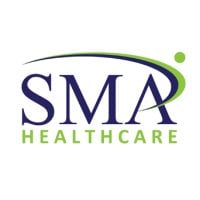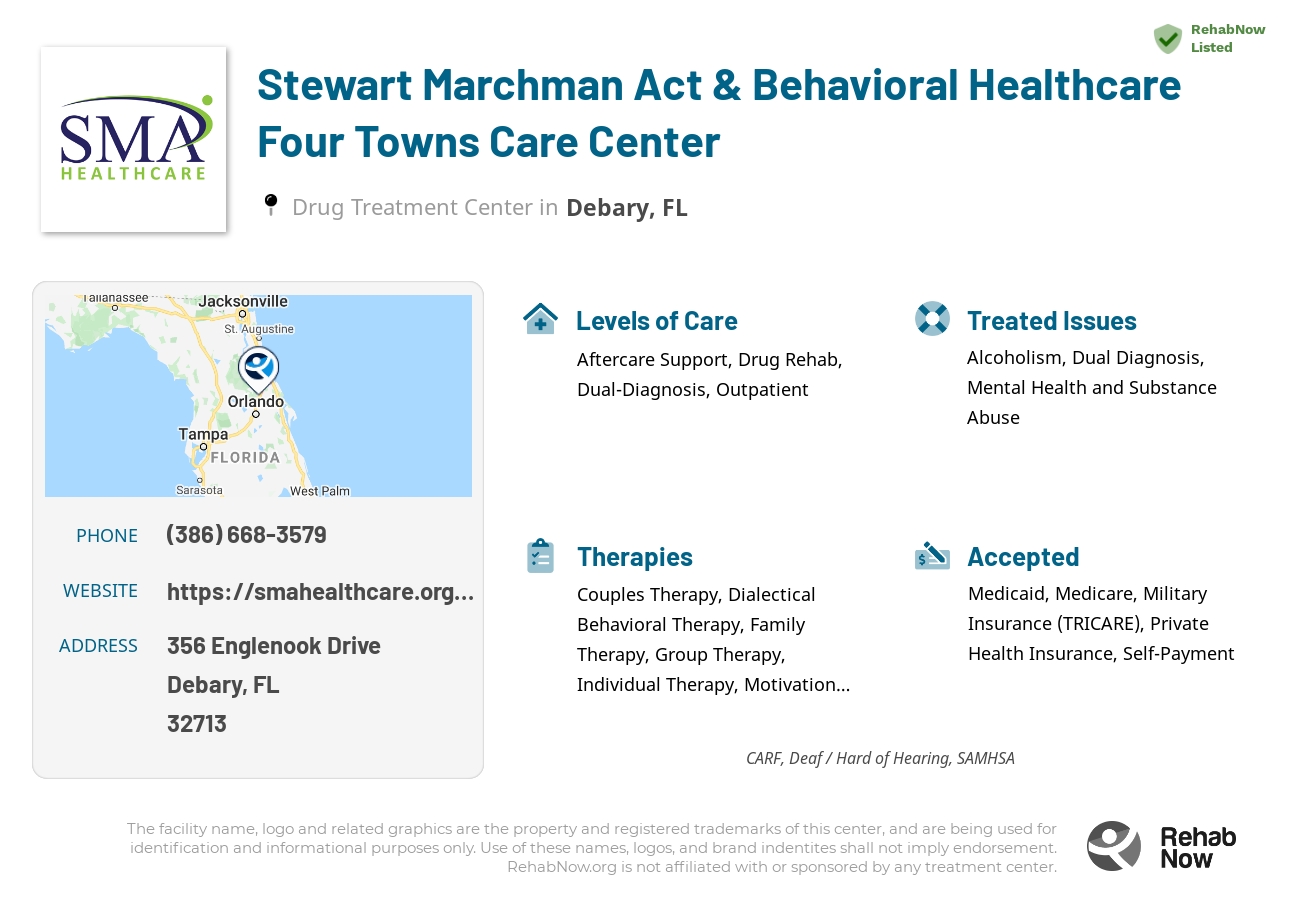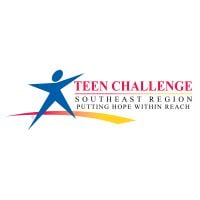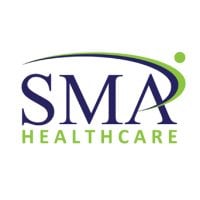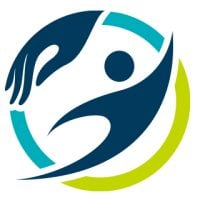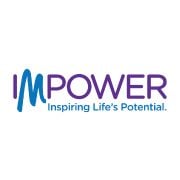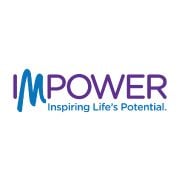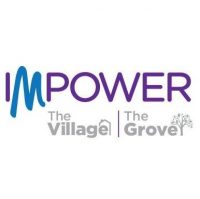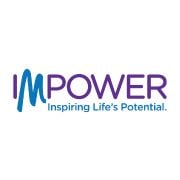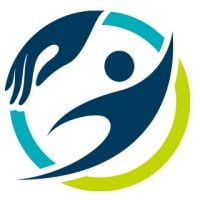Stewart Marchman Act & Behavioral Healthcare Four Towns Care Center
Drug Rehab Center in Debary, Florida
SMA Healthcare - Four Towns Care Center in Debary, Florida, is an accredited treatment facility that provides comprehensive care for individuals struggling with alcoholism, drug addiction, opioid addiction, and mental health issues through their dual diagnosis program. Their services include outpatient treatment programs, detoxification, and aftercare support, with a focus on holistic recovery and long-term recovery.
About Stewart Marchman Act & Behavioral Healthcare Four Towns Care Center in Florida
SMA Healthcare - Four Towns Care Center is an accredited treatment facility located in Debary, Florida. Recognized by CARF (Commission on Accreditation of Rehabilitation Facilities) and SAMHSA (Substance Abuse and Mental Health Services Administration), SMA Healthcare provides comprehensive care for individuals struggling with alcoholism, drug addiction, opioid addiction, and substance abuse. They also offer services for those facing mental health issues through their dual diagnosis program. With a focus on holistic recovery, SMA Healthcare provides various levels of care such as outpatient treatment, drug rehab, detox, and aftercare support. They are affiliated with the Stewart Marchman Center, a well-known organization in the field of addiction and mental health treatment.
SMA Healthcare - Four Towns Care Center offers a range of services to address addiction and substance abuse issues. Their facility provides detoxification services to safely and effectively manage withdrawal symptoms. In addition, they offer outpatient treatment programs that allow individuals to continue their daily responsibilities while receiving therapy and support to overcome addiction. SMA Healthcare also specializes in dual diagnosis treatment, recognizing the importance of addressing both mental health and substance abuse issues simultaneously. With a focus on aftercare support, they provide ongoing assistance and resources to ensure long-term recovery. Overall, SMA Healthcare - Four Towns Care Center offers a comprehensive and integrated approach to help individuals recover from addiction and achieve mental wellness.
Genders
Ages
Modality
Additional
Accreditations
SAMHSA

CARF
The Commission on Accreditation of Rehabilitation Facilities (CARF) is a non-profit organization that specifically accredits rehab organizations. Founded in 1966, CARF's, mission is to help service providers like rehab facilities maintain high standards of care.
Conditions and Issues Treated
Substance Abuse + Addiction Treatment at Stewart Marchman Act & Behavioral Healthcare Four Towns Care Center
Substance abuse is the excessive use of any drug. This includes alcohol, medications, and illegal drugs. Substance abuse is treated with a combination of physical and mental treatments. Patients detox and follow up with therapies that target the underlying cause of the addiction. Substance abuse is a severe problem that can be successfully treated with a variety of therapies. Stewart Marchman Act & Behavioral Healthcare Four Towns Care Center treatment uses a combination of therapies along with other resources to overcome substance abuse.
Opioid + Opiate Addiction Treatment in Debary, FL
Opioid addiction treatment should be done in a medically supervised drug rehab. While taking opioids, users will typically use other substances to enhance the effects of opioids or to reduce the adverse effects of opioid use. Opioid addiction treatment will include detoxification and drug rehab counseling to help both the user and their loved ones learn how to live a successful sober lifestyle.
Treatments such as methadone, buprenorphine, and naltrexone are three medications that can help treat opioid addiction. These drugs work on the brain’s pleasure center and reduce cravings and the effects of illicit opioids such as heroin. These drugs can be either given orally or by injection. Individual drug rehab counseling sessions can be helpful to discuss any questions or concerns with the drug treatment program. This counseling will also help the user set goals for when they finish drug rehab.
Opioid addiction recovery is a long process. Many of the changes to the brain caused by opioid use cannot be undone, but with time and the proper treatment, a person can return to normal function. After detox, treatment will include drug rehab counseling and entering a halfway house or sober living community. Aftercare is critical to long-term recovery, as it helps the user avoid relapsing and entering back into drug rehab.
Dual-Diagnosis
A person who struggles with addiction and a mental health condition suffers from a dual diagnosis. This means that they have two issues that must be treated. Taking care of one or the other is tough, and taking care of both cannot be done alone. A patient who receives dual diagnosis treatment in Florida will be given the best chance at becoming sober.Levels of Care Offered
This center offers a variety of custom treatment tailored to individual recovery. Currently available are Aftercare Support, Detox, Drug Rehab, Dual-Diagnosis, Outpatient, with additional therapies available as listed below.
Drug Detox
An addict may have to go through alcohol or drug withdrawal. While detox may be uncomfortable, it is not life-threatening. Detoxification allows the addict to rid the body of all traces of drugs or alcohol and gives the addict a clean slate for their recovery. In an inpatient or outpatient setting, detox can be managed medically.
Outpatient Program
“Outpatient treatment is ideal for those who have a lower intensity addiction. It’s also suitable for those with a supportive environment and those on a tight budget.
Outpatient treatment can be considered the lowest intensity level of addiction treatment. It is ideal for early phase addiction or lower intensity addictions. It may involve weekly sessions instead of daily. Peer group support, 12-step programs, and individual counseling may still be used and anti-addiction medication.
Aftercare support is vital to those who have completed a drug or alcohol treatment program. This support comes in individual and family counseling, treatment of psychiatric and other medical conditions, and medications to reduce cravings. It helps recovering addicts adjust to normal day-to-day activities and can last for a year or longer.
The majority of drug and alcohol addicts who receive aftercare treatment do not relapse. It is estimated that without aftercare, the relapse rate will be between 70 to 90 percent for most people. Aftercare is the final stage in addiction recovery, but it will also help maintain sobriety if relapse does occur.
Therapies & Programs
Individual Therapy
No single treatment works for all addicts; therefore, the goal of treatment and therapy should be to find what works best for each individual. Some people requiring addiction treatment may only need a few weeks of inpatient care. Others will require long-term residential care. Tolerance and withdrawal levels vary from person to person and thus affect the intensity of the treatment needed.
If an individualized approach to treatment and therapy is not offered, addicts may fail to reap benefits from their efforts. Professionals must customize plans according to their patient’s needs, limitations, and strengths. The goal of all forms of addiction treatment should be for addicts to find healthy ways to cope with their addiction and its underlying causes.
Couples Therapy
Couples therapy for drug addiction is a unique form of therapy that allows family members to work through the emotional issues of their loved one’s addiction together. Family members can support each other while learning how to cope with the addiction and encourage healthy changes.
Accordingly, couples therapy for drug addiction is designed for an addict and their significant other or spouse. The two will work with a therapist to learn how the addiction affects themselves and the relationship and how to break the negative patterns of behavior that may have developed.
Drug addiction can destroy a person’s life, as well as their family and friends. The loss of one’s ability to choose how to live and behave often leads the addict into depression, anger, guilt, and many emotional problems.
Family Counseling
The therapies usually include siblings, children, and parents who are involved in their daily lives. These sessions are vital because they address past issues that may have hampered an addict’s or alcoholic’s recovery and provide support at a crucial time!
One of the most critical aspects of family therapy is helping addicts’ loved ones see their situation in a new light. It’s also one of the most challenging things a family can do when a loved one struggles with addiction or alcoholism.
Group therapy is held in a safe, controlled setting where patients can feel comfortable sharing their struggles and gaining perspective through shared conversations. It takes place in a group rather than one on one to prevent feelings of isolation or being unique in their situation while creating an environment for addicts at Stewart Marchman Act & Behavioral Healthcare Four Towns Care Center to develop fellowship, accountability, and support. Group therapy is an important tool in recovery that prevents cravings that prompt a return to active addiction.
This type of therapy involves the use of a variety of therapeutic techniques to help addicts recover from past traumas that might have triggered their substance abuse. During these sessions, therapists will work with the addict to address painful memories and learn how to cope effectively with stressors as they arise.
During these types of sessions, therapists will typically focus on three main goals:
- Identifying and expressing painful emotions associated with past traumas.
- Reducing the effects of stress on an addict’s life by developing more effective coping mechanisms.
- Developing healthy ways of thinking about stressful situations that can help addicts avoid substance abuse issues in the future.
This type of therapy is typically used in conjunction with other types of addiction treatment services. By identifying and dealing with the root cause of addiction, most addicts can overcome their cravings and prevent relapse once they leave rehab.
Many different types of addiction treatment services exist to help addicts safely get sober, but it’s important for recovering individuals to find a therapist or support group that will help them address the root cause of their addiction.
Rational Emotional Behavior Therapy (REBT) is a type of CBT that uses images, thoughts, and behaviors to teach self-help skills to people recovering from addiction. It’s vital because it allows recovering addicts to work through their issues alone while having support available.
REBT is based on the idea that people have many irrational but habitual thought patterns that fuel harmful behaviors and feelings. Learning to identify destructive patterns in oneself can help one replace them with healthier ones.
12-step programs are one of the most common types of relapse prevention programs. They’re typically offered by private organizations like Alcoholics Anonymous, Narcotics Anonymous and Nicotine Anonymous.
During these meetings, addicts can learn about their addiction and work through it with others who are also struggling to overcome their addiction. These groups provide support that the addict might not be able to get from friends and family, and they can also prevent the addict from feeling isolated.
While self-help groups like these are effective for some addicts, others prefer services that provide more structure and support. For example, these programs might offer counseling sessions or even medical treatment with prescription medication.
Payment Options Accepted
For specific insurance or payment methods please contact us.
Is your insurance accepted?
Ask an expert, call (888) 674-0062
Stewart Marchman Center Associated Centers
Discover treatment facilities under the same provider.
- SMA - Deland Men's Residential Treatment - DMRT in Deland, FL
- Stewart Marchman Act Behavioral Healthcare in Daytona Beach, FL
- SMA Behavioral Health Services - Red John Drive in Daytona Beach, FL
- Stewart Marchman Act Behavioral Healthcare - Inpatient in Bunnell, FL
- Stewart Marchman Act Behavioral Healthcare - Fentress Boulevard in Daytona Beach, FL
Learn More About Stewart Marchman Center Centers
Additional Details
Specifics, location, and helpful extra information.
Debary, Florida 32713 Phone Number(386) 668-3579 Meta DetailsUpdated November 25, 2023
Staff Verified
Stewart Marchman Act & Behavioral Healthcare Four Towns Care Center Patient Reviews
There are no reviews yet. Be the first one to write one.
Debary, Florida Addiction Information
Florida is one of the nation's epicenters for substance abuse and drug-related overdoses. In 2014, around 410,000 Florida residents were addicted to drugs and alcohol. Over the last 10 years, 12% of all deaths in the state were attributed to substance abuse. Treatment admissions for alcohol reached 24,329 patients in 2016, and 2.5% of Florida high school students admitted to using crack cocaine.
Treatment in Nearby Cities
- Maitland, FL (17.1 mi.)
- Coral Gables, FL (225.4 mi.)
- Tavares, FL (25.2 mi.)
- Ormond Beach, FL (32.7 mi.)
- Oviedo, FL (15.4 mi.)
Centers near Stewart Marchman Act & Behavioral Healthcare Four Towns Care Center
The facility name, logo and brand are the property and registered trademarks of Stewart Marchman Act & Behavioral Healthcare Four Towns Care Center, and are being used for identification and informational purposes only. Use of these names, logos and brands shall not imply endorsement. RehabNow.org is not affiliated with or sponsored by Stewart Marchman Act & Behavioral Healthcare Four Towns Care Center.

